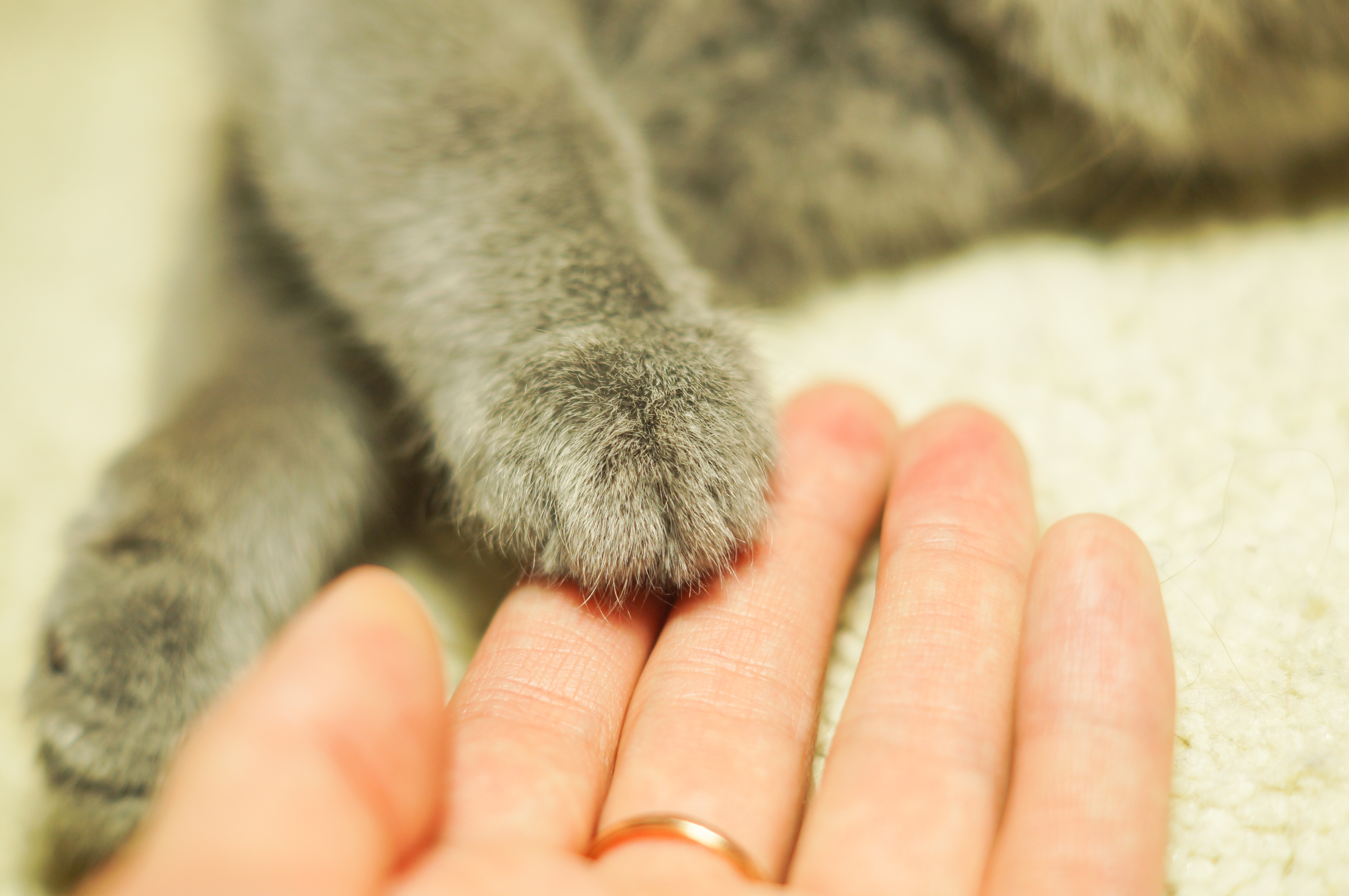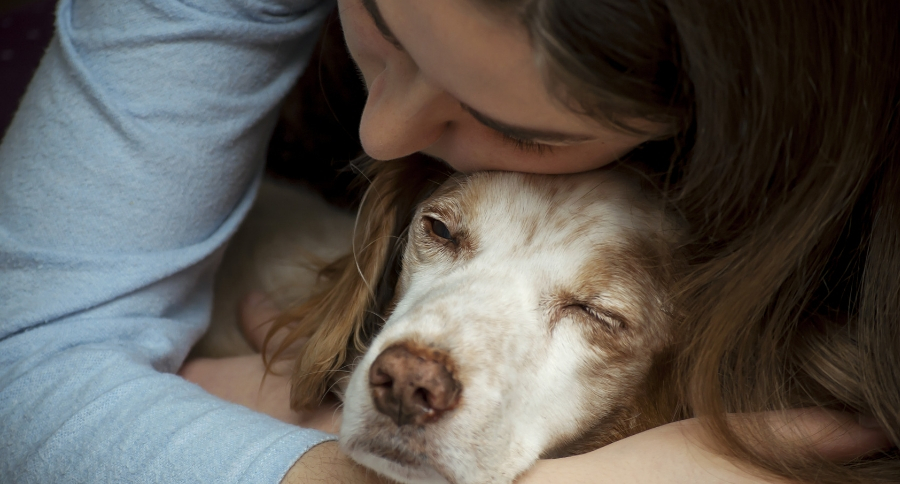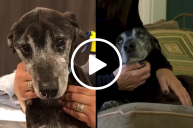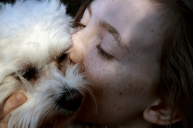When I was at the park last week with the three dogs, I noticed a man with his old dog walking past our car. He was clearly headed to "his spot" where he sat down with his dog and I immediately thought about the fact that I live with two old dogs myself. I never want to interrupt a quiet moment between a senior animal and their person as it seems precious.
I wish our animals lived forever. With that in mind, studies show how painful it is when we do lose a pet to an illness or old age. The loss of that constant companionship is almost unbearable.
In a study conducted by researchers at the University of Pennsylvania (Quackenbush & Glickman, 1984), it was discovered that individuals were at the greatest distress and at greatest risk for experiencing extreme grief when they had to euthanize their pet.
Extreme grief isn't something that just disappears. Fortunately, the idea that people need time to grieve has evolved as companies are providing paid time off for people to mourn their animals. What to say to your friend who loses a pet isn't such a foreign concept anymore. Pets are family! Even the concept of hospice is starting to be accepted for animals dying from an illness with months to live.
PsychCentral.com tells us,
"Whether they die from illness, an accident, or had to be euthanized, losing a cat, dog, or other beloved animal is a traumatic event. Even if the death was expected due to old age, the loss of their constant companionship is hard to put into words. It's like a large hole is in your heart, and nothing in this world will ever be good enough to fill it as your lost pet did."
The study also points out that feeling guilty about the end of the animal's life or the circumstances surrounding it is common. Researchers note,
"Feeling guilty often is a component of the grief, especially if the owner is conflicted about a decision for euthanasia, or feels that appropriate care was not provided. Grief for an animal, though becoming more socially accepted, remains somewhat disenfranchised."
Science agrees you have a broken heart. If you feel lost, it's important to know the following (I've been there and found these points helpful):

- Support groups are helpful and you may benefit from other pet owners sharing stories of loss
- Loved ones will understand this is a difficult time if you need to step away from a family activity or dinner
- Having a memorial service is very helpful with photos and perhaps a party with friends and special animal caretakers to celebrate your animal's life and laugh about good memories (with good cocktails) may help
- Having your animal's favorite spot kept clean and unspoiled by other animals for a time period
- Using social media to tell stories of how your companion animal made you laugh (and cry) may get you through those difficult decisions you had to make
What are the stages of grief?
It's important to better understand these stages and here's a wonderful article in Psychology Today that goes into more detail.
- Denial
- Anger
- Bargaining
- Depression
- Acceptance
How to cope with grief after losing a pet?
In my own experience, it's all about coping with the new normal. The routine changes and that was the most difficult part when I lost our dog Bruiser to liver cancer. I grew very used to the routine of giving him medication every morning and evening. Making sure he was comfortable was my main priority each morning before I started work.
Everything felt out of place and not having him around was painful for the first few weeks.
What are the best ways to memorialize your pet?
And what about your mental health and your other companion animals?
The loss of a pet is hard on everyone! Even other animal family members may have trouble. The grieving process may be different for other friends and pets so remember you're not alone. Spend time with your other animal companions to ensure they're busy and distracted as the new routine will take some time to get used to and animals will need your guidance. I'm not a therapist, but when animals have passed in my family I've seen other pets grieve. Make sure all your animal friends are part of important rituals. Surviving pets may look depressed after the loss of a dog or another animal. The stages of their grief may look different and the emotional responses may vary but everyone is grieving.
Remember too that if you choose to have your beloved pet cremated that a week or so later the vet will call and you'll be asked to pick up the remains. It's very easy to fall down into a rabbit hole of depression a second time so prepare yourself for this call in advance. It's also nice to have them 'home' and I've found it comforting to have their urn placed next to other animals that crossed the rainbow bridge.
In my experience, there are a few other rituals after your animal passes that may help with the grief.
Rituals after your animal passes
https://www.instagram.com/p/BuM96lWBVea/
- This could be a simple picture surrounded by candles that you see every day that makes you smile.
- This is my favorite - a letter to your animal telling them how much you love them and that you'll always think about them.
- Consider adding some of their ashes to a piece of jewelry.
- What about painting a picture of your animal - I know someone that painted a picture of her cat and how meaningful that was to her family.
- Journaling about the animal's life and writing about all your adventures together - a Pet Remembrance Journal is a wonderful tool.
Pet loss is different for everyone but the death of a pet hits all pet parents the same way. Pet loss support groups can be helpful where you talk about your pet's life or perhaps how the daily routine is so different after your pet's death. Take advantage of all the resources we've mentioned.
Have you lost a pet and used any of these tools to get through your grief? Please let us know in the below comments.
This article was originally published February 5, 2020.




